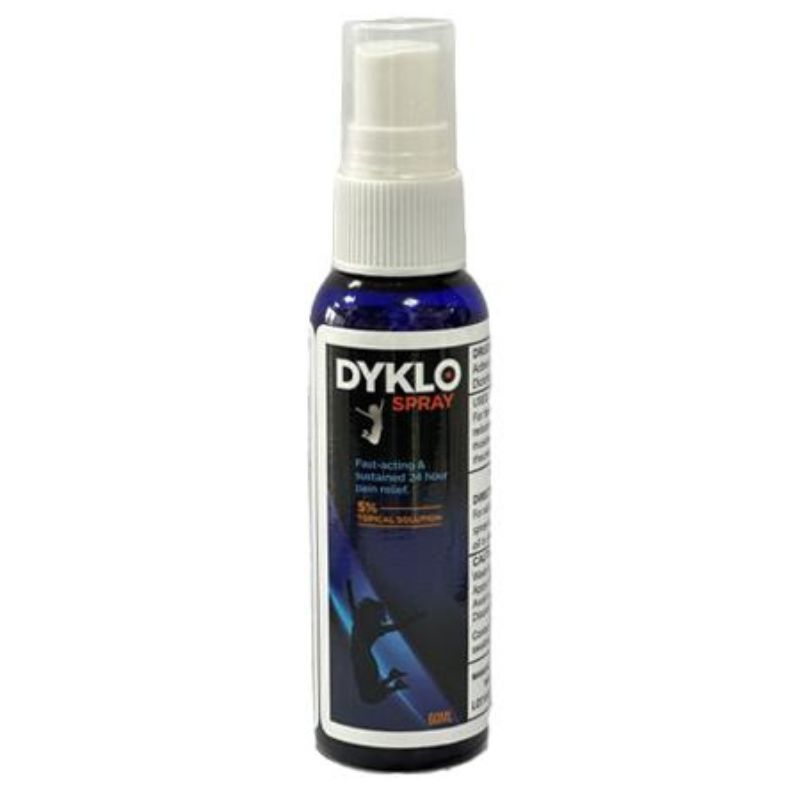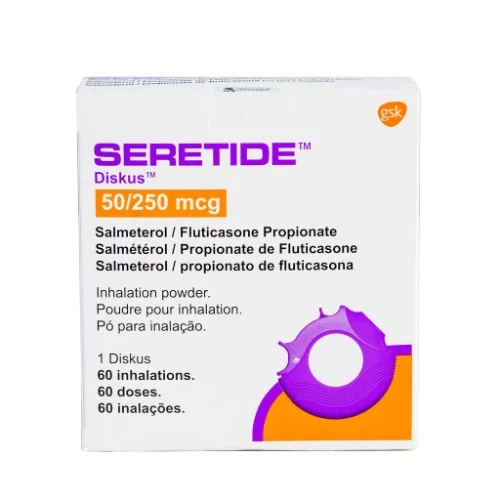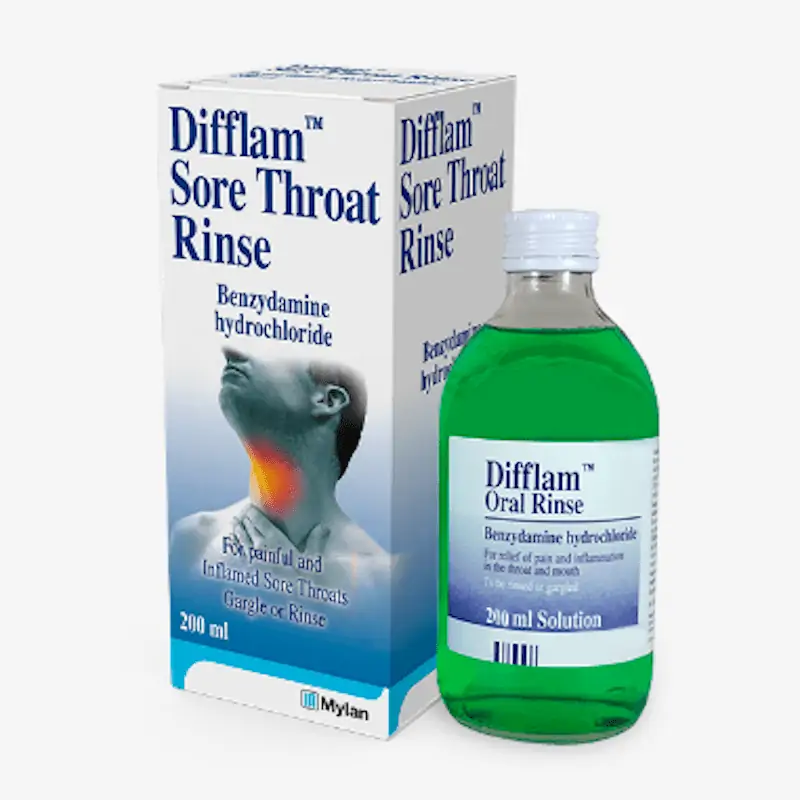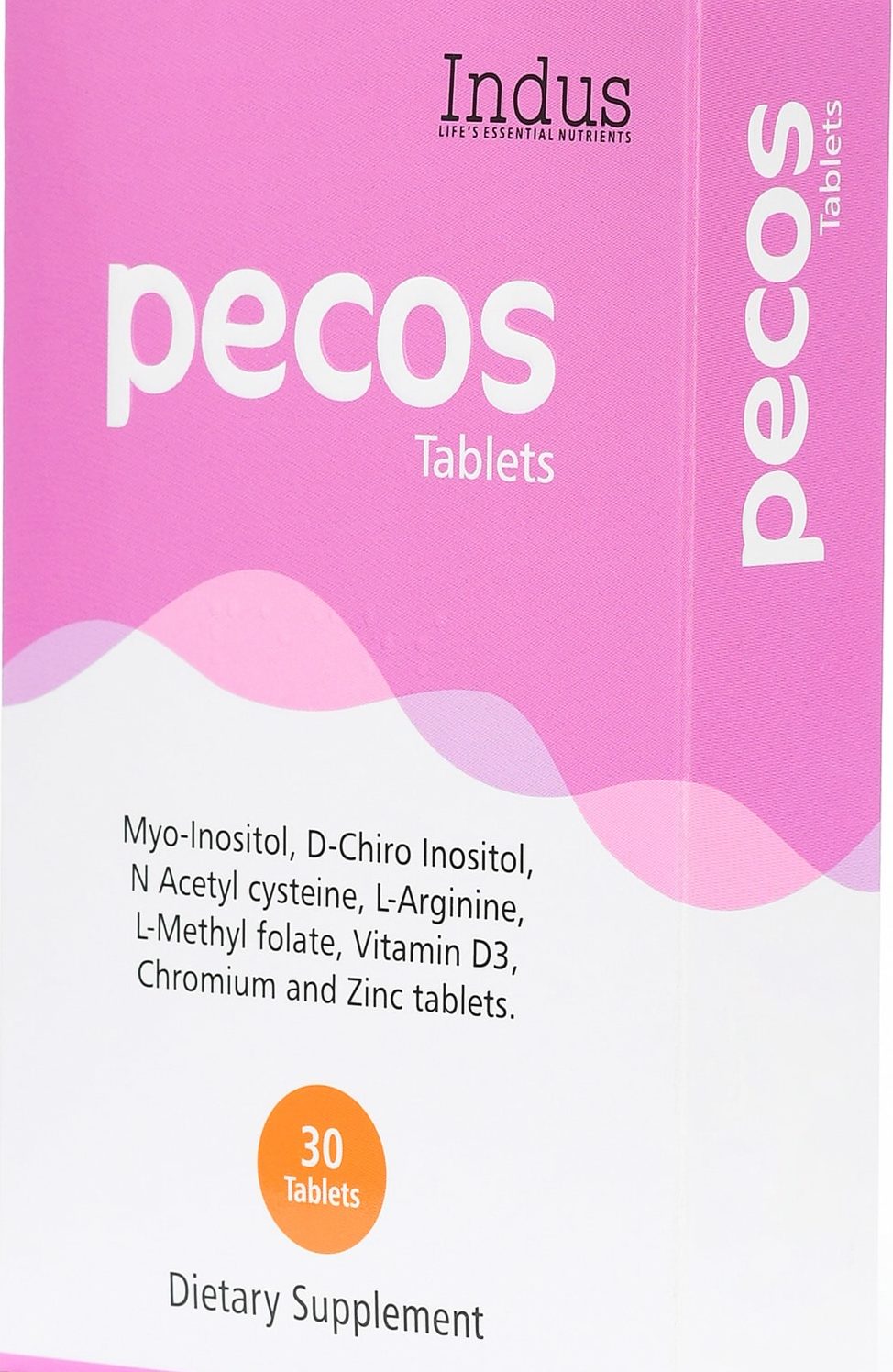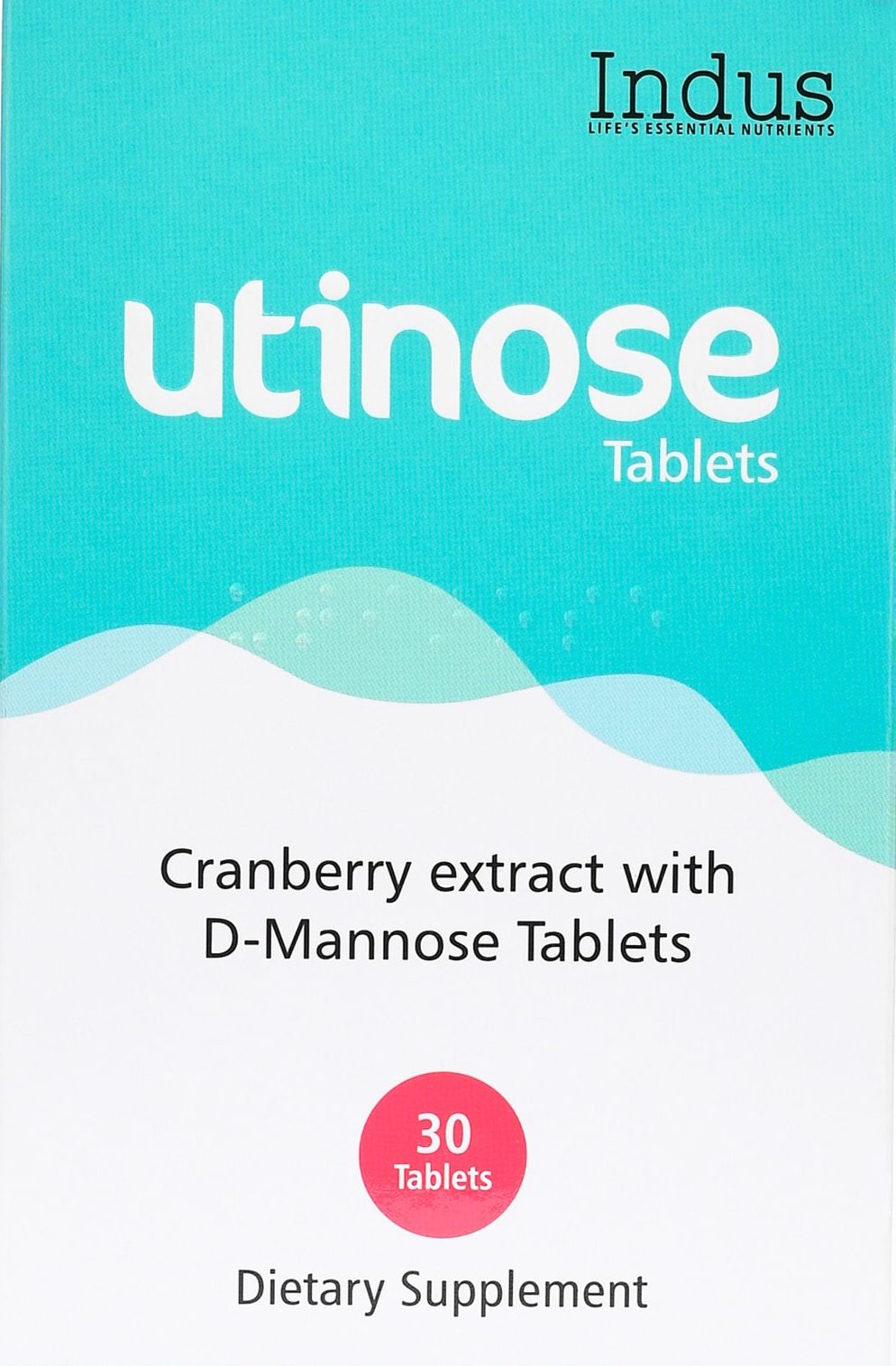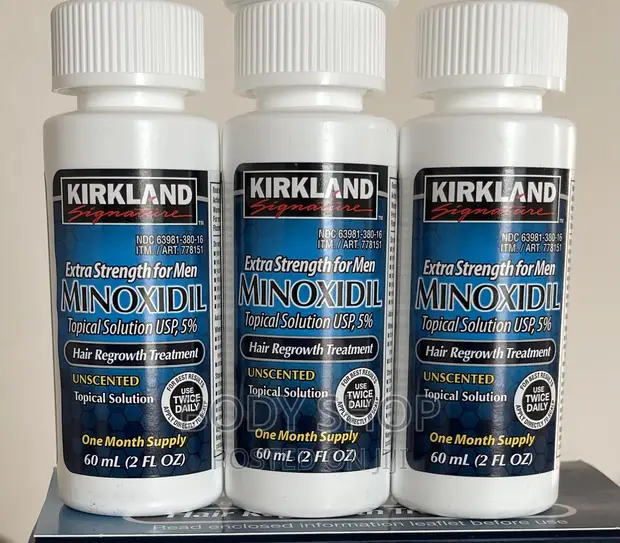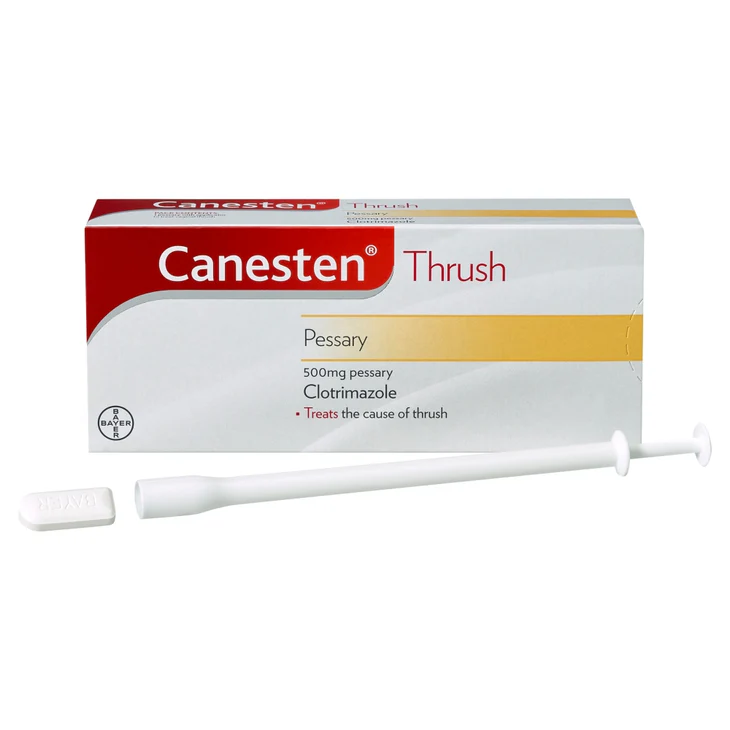Malaria, Prescription Medication
Arfan 20/120
-
 Get 10% discount on your next order. Order now to qualify.
Get 10% discount on your next order. Order now to qualify.
-
 Get 20% cashback on apple app store. Use code P056
Get 20% cashback on apple app store. Use code P056
DELIVERY & RETURNS
Free shipping offer on Pilldoctor and get exclusive offers.
Location
-

Door Delivery Fastest delivery to the door for only 2 days. Don't miss exclusive offer.
-

Pickup Station Fastest delivery to the door for only 2 days. Don't miss exclusive offer.
-

Return Policy Fastest delivery to the door for only 2 days. Don't miss exclusive offer.
Description
Arfan Tablet is a prescription medicine that is used to treat acute and uncomplicated malarial infections in patients weighing 5 kg (11 lb) and above. This medicine works by killing the parasitic organisms that cause malaria by blocking the synthesis of nucleic acid and proteins. This medicine helps by preventing the growth of malarial parasites.
When not to use
Antimalarial
Arfan belongs to the Antimalarial class of medicines. Antimalarial.
How to use
The typical dose of Arfan is 80 mg/480 mg as a single initial dose, repeated as 80 mg/480 mg after 8 hours in a day and then followed by four doses (80 mg/480 mg) twice daily for the following two days. The usual dose for children is 20 mg/120 mg as a single initial dose, repeated as 20 mg/120 mg after 8 hours in a day and then followed by one dose (20 mg/120 mg) twice daily for the following two days. The maximum adult dose of Arfan is 160 mg/960 mg in a day.
If you are giving Arfan Tablet to a child, be sure to use a product that is meant for children. Before giving this medicine to a child, use the child’s weight or age to find the right dose from the product package. You can also read the dosage section of this page to know the correct dose for your child. Else, consult with your doctor and follow their recommendation.
Medicines may be prescribed for uses other than those listed in the medicine guide. Do not use Arfan Tablet for conditions for which it was not prescribed. Do not give Arfan Tablet to other people who might have the same conditions or symptoms that you have. Self-medication may harm them.
How to take Arfan
- age of the patient
- the weight of the patient
- patient’s health
- medicines recommended by the doctor
- any other medicines being used
- herbal supplements being used
- response to the medicine
Arfan Dosage
Dosage for acute and uncomplicated malarial infections in patients weighing 5 kg (11 lb) and above
Adult (adult patients with a body weight of 35 kg (77 lb) and above)
- Recommended: 80 mg/480 mg as a single initial dose, repeated as 80 mg/480 mg after 8 hours in a day and then followed by 80 mg/480 mg twice daily for the following two days
Children (children with a body weight of 5 kg (11 lb) to less than 15 kg (33.1 lb))
- Recommended: 20 mg/120 mg as a single initial dose, repeated as 20 mg/120 mg after 8 hours in a day and then followed by one dose (20 mg/120 mg) twice daily for the following two days
Children (children with a body weight of 15 kg (33.1 lb) to less than 25 kg (55.1 lb))
- Recommended: 40 mg/240 mg as a single initial dose, repeated as 40 mg/240 mg after 8 hours in a day and then followed by one dose (40 mg/240 mg) twice daily for the following two days
Children (children with a body weight of 25 kg (55.1 lb) to less than 35 kg (77.2 lb))
- Recommended: 60 mg/360 mg as a single initial dose, repeated as 60 mg/360 mg after 8 hours in a day and then followed by one dose (60 mg/360 mg) twice daily for the following two days
Children (children with body weight of 35 kg (77.2 lb) and above)
- Recommended: 80 mg/480 mg as a single initial dose, repeated as 80 mg/480 mg after 8 hours in a day and then followed by one dose (80 mg/480 mg) twice daily for the following two days
Minimum Age
Dosage calculation for children
To calculate the dosage for children please use the weight based dose calculator to calculate the appropriate dosage as per the weight of your child.
Precautions while using Arfan
Before you use Arfan Tablet, tell your doctor of your medical history including prolonged heartbeat (QT prolongation), low blood potassium level, decreased heart rate (bradycardia), or heart attack (myocardial ischemia).
Arfan can make you feel sleepy. Be careful, especially while driving, while using heavy machinery, or when doing any activity that needs you to be completely alert. The consumption of alcohol with Arfan can worsen the sleepiness.
What precautions should be taken during Pregnancy and Nursing, and administering Arfan to Children or the Older Adults?
Pregnant Women
Breastfeeding
Younger Adults Population
Older Adults Population
Warning: No specific pharmacokinetic investigations have been conducted in patients older than 65 years.
Arfan Side-effects
- a cough
- common cold (nasopharyngitis)
- dizziness
- fever
- headache
- insomnia
- irritation and inflammation of the mucous membrane in the nose (rhinitis)
- lack of energy
- pain in joints (arthralgia)
- pain in muscles
- palpitations
- rash
- serious eating disorder (anorexia)
- severe inflammatory blisters (acrodermatitis)
- vomiting
Your doctor has prescribed Arfan Tablet because they judge that the benefit is greater than the risk posed by side-effects. Many people using this medicine do not have serious side-effects. This page does not list all possible side-effects of Arfan Tablet.
Mild Allergic Reactions
- angioedema
- pruritus
- rash
- urticaria
Serious Allergic Reactions
- fluid filled blistering due to a side-effect to certain drugs (bullous eruption)
If you experience side-effects or notice other side-effects not listed above, contact your doctor for medical advice.
Warnings
Parasitic infection (Plasmodium vivax infection)
Kidney damage
Liver Damage
First trimester of pregnancy
Arfan should not be used in pregnancy (first trimester) in situations where other proper and adequate antimalarials are available.
Expired Medication
Product Ratings
Highest Ratings
There are no reviews yet.

